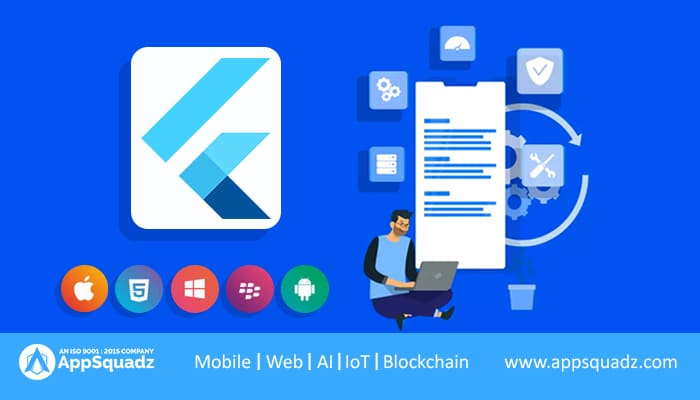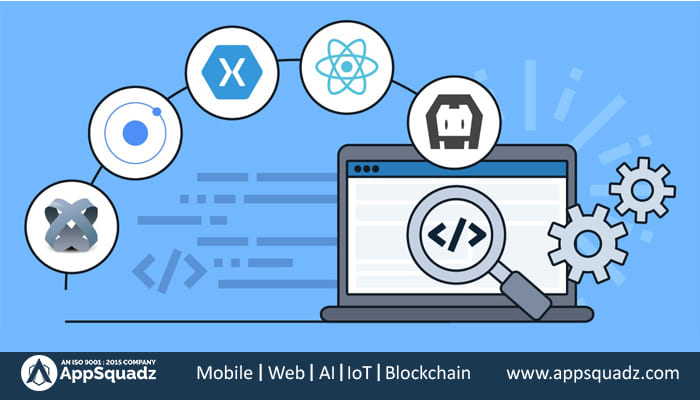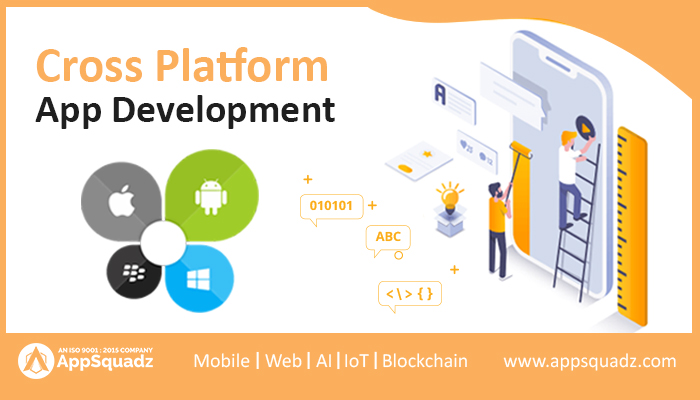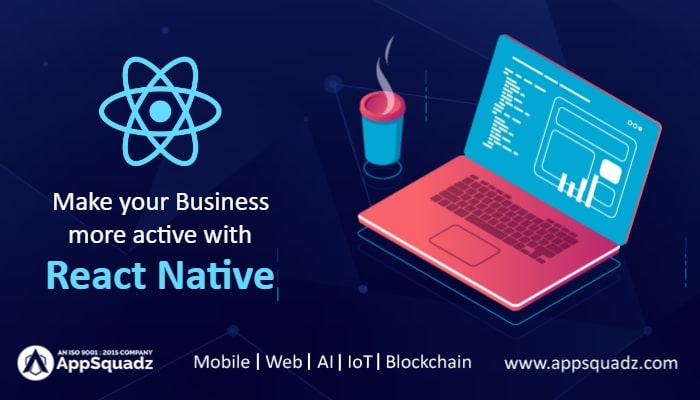Flutter’s steady rise in quality with Google’s robust backing has ensured that it’s every place currently. Will that mean it’ll tower on top of different platforms within the returning years? Let’s verify.
The innovation at Google ne’er stops. Developers will be able to expect Google to return up with things they believe have enormous potential. That’s, the, however, it was born in 2008 and Flutter in 2017. To require forward the establishment in mobile app development technology, Google revealed a free, text file mobile UI application known as Flutter. Flutter App Developers were quickly able to build a native mobile application with simply one codebase, Flutter. It served as an incredible toolkit for developing different Google platforms.
Flutter offers a comprehensive and purposeful mobile program platform that helps developers figure with single-code golem and iOS applications. It works with an artificial language named Dart.
Flutter includes two major components:
- SDK (Software Development Kit): A collection of tools that may modify developers to create applications. The devices may be used for translating the code into native machine language (iOS and golem code).
- A Framework (UI Library supported widgets): A collection of reusable UI components (buttons, text inputs, sliders, etc.) that will be custom-made to fulfil business desires.
Before Flutter, Xamarin, PhoneGap, React Native, Apache Cordova, Titanium, and many different frameworks were in style among developers. However, Flutter was developed to supply superior user expertise during a native app. It guarantees fast Flutter App Development for the advantage of the business. If you compare the 3 hottest cross-platform app development frameworks, Flutter comes on high.
Main Advantage of Flutter Over different Frameworks
- Open Source
Flutter, besides its artificial language Dart is open source and completely free for developers to use. Moreover, there’s ample documentation and community support to assist out with any problems they will bump into.
- increased Productivity
Flutter is cross-platform and permits developers to use one single code base for each iOS and golem app.
Performance Optimisation
Flutter App Developers appreciate Flutter because the solely mobile SDK gives a reactive read with the necessity for a JavaScript bridge. Dart compiles within the kind of native code with none got to access OEM widgets, resulting from Flutter has it is own. It ascertains less mediate communication between the mobile app and also the development platform. Thus, Flutter guarantees less time to plug and even lesser performance problems in-app products.
- Straightforward Development
Flutter offers a ‘hot reload’ feature that enables developers to instantly read changes they create within the code on emulators, simulators, and hardware. The new code is reloaded in seconds, whereas the app runs with none got to restart it. Flutter is best appropriate for building UIs, adding options, and even bugs fixing. Flutter boasts of its simple nature and demands no previous programming data from its users.
- Compatibility
Widgets are an area of the app and not of the Flutter App Development platform itself, so there are no or lowest compatibility problems on totally different software versions. It saves the considerable time spent on mobile app testing.
How Flutter one.12 unleash Accelerated the Platform’s Adoption?
Flutter 1.12 was free to vary the fate of cross-platform Development. It conjointly created developers to drop what they were doing and scrutinize Flutter. The utility and also the power of options introduced with this unleash were mind-blowing. Flutter was far-famed for its painting Cupertino widgets. With the discharge of one.12 version, things are set to intensify quickly.
Recently, Apple supplemental a novel Dark Mode in iOS thirteen. Consequently, Flutter developers optimized the Cupertino widgets to figure in excellent correct with the dark mode, whereas holding their constituent perfection.
Why is Flutter the well-liked selection for App Development?
The choice of Flutter over different Native app development frameworks doesn’t return as a surprise within the world of app development. It leverages Google’s in-house Dart language and offers the most effective style widgets to develop superior cross-platform apps on a coffee budget. Currently, once the myths encompassing cross mobile app development platforms have, for the most part, been busted, Flutter is attracting even native mobile app developers to its flock.
Flutter in 2021 and on the far side
Touted because the best cross-platform for Flutter mobile app development. Flutter’s current demand and recognition are set to extend within the upcoming years. Here are some art movement trends that Flutter promises:
- Flutter for web Apps
The flutter community is stressing about the apodiform bird project. If undefeated, one codebases for websites and apps are before long out there.
- Flutter for Desktop Apps
The flutter community is consistently engaged in capturing the planet on the far side of simple mobile apps. The main target is on creating the flutter apps compatible with desktop yet. You’ll be able to see flutter apps for macOS, Linux, and Windows in the future.
- Flutter for native
In 2020, the Flutter community was promising a lot of stable innovations. There’s a chance of a lot of advanced IoT technology to be native with this framework.
A game-changer within the world of cross-platform mobile app development, Flutter is the best-in-class among all mobile app building tools. Developers like it for each offshore and onshore comes.
Conclusion
We at AppSquadz concentrate on providing mobile app development services, and once it involves Flutter, we’ve got mastery. As a platform, we tend to appreciate that it takes less time for app creation and needs fewer efforts and smaller investments. It’s well matched for brand spanking new apps that don’t like deep hardware or OS integrations. Flutter App Development Company is incredibly quick, and it doesn’t have similar limitations for performance or security that different frameworks cause.







